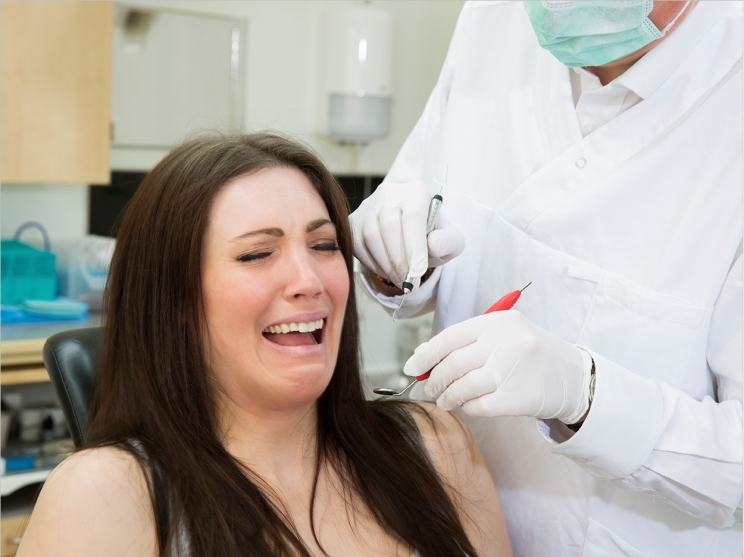
Approximately one in five adults in Sweden suffers from dental anxiety or dental phobia, according to the University of Gothenburg. Though the number has decreased over time, researchers said, a significant percental of the population still faces major problems.
The research included a nationwide interview study of 3,500 adults randomly selected from the general population. According to the study, 19% reported some degree of dental anxiety, fear, or phobia.
Also, 4.7% reported their dental anxiety as severe, 4.5% as moderate, and 9.8% as low. The remaining 80.9% reported no dental anxiety. The proportion with no dental anxiety was more than twice as high as in a similar study from the 1960s, when 38.5% reported no dental anxiety.
“There’s been a marked change. People aren’t as anxious of dentistry anymore,” said Lisa Svensson, who has a doctorate in odonatological science, of the Department of Behavioral and Community Dentistry, Institute of Odontology at Sahlgrenska Academy at the university. She is a dentist in Sweden’s Public Dental Service as well.
Svensson stresses that preventive dentistry for children and adolescents has been crucial. It has created good habits, improved dental health, and reduced the need for extensive dental care early in life, she said. Better communication and a more equal relationship between dentist and patient also are important factors in this improvement.
Yet dental anxiety is still common enough to be a public health problem, Svensson said. Svensson’s doctoral studies focused particularly on individuals with severe dental anxiety. Of these, 85% said their daily life was affected by mouth or tooth problems, and 78% reported dental pain and graded their pain at a high intensity.
“The most highly anxious people often have negative experience of dental care, with a lot of pain involved. But the feeling of vulnerability can also be due to previous experience of trauma as assault involving the face and mouth, or sexual abuse,” she said.
“There’s a high degree of comorbidity in this group,” Svensson said. “People with severe dental anxiety are often prone to anxiety, depression, other specific phobias, or some other mental disorder.”
Dentists and other dental staff meet and treat patients with severe dental anxiety every day, she said, and even people with severe phobia of dental care attend dental care regularly despite their fear.
“Among the highly dentally anxious study participants, pain and not being in control were the most common causes of dental anxiety,” Svensson said. “For a dentist, these factors are relatively easy to control, and if we do, we’re engaging in both preventive dentistry and treatment of severe dental anxiety.”
The study, “Dental Anxiety: Prevalence, Measurements, and Consequences,” was published by Sahlgrenska Academy.
Related Articles
Patients With Dental Anxiety Take More Painkillers After Tooth Extractions
Five Ways You Can Ease Your Patients’ Dental Phobia
Mobile Anesthesia Enables Anxious Dental Patients to Get Effective Care











